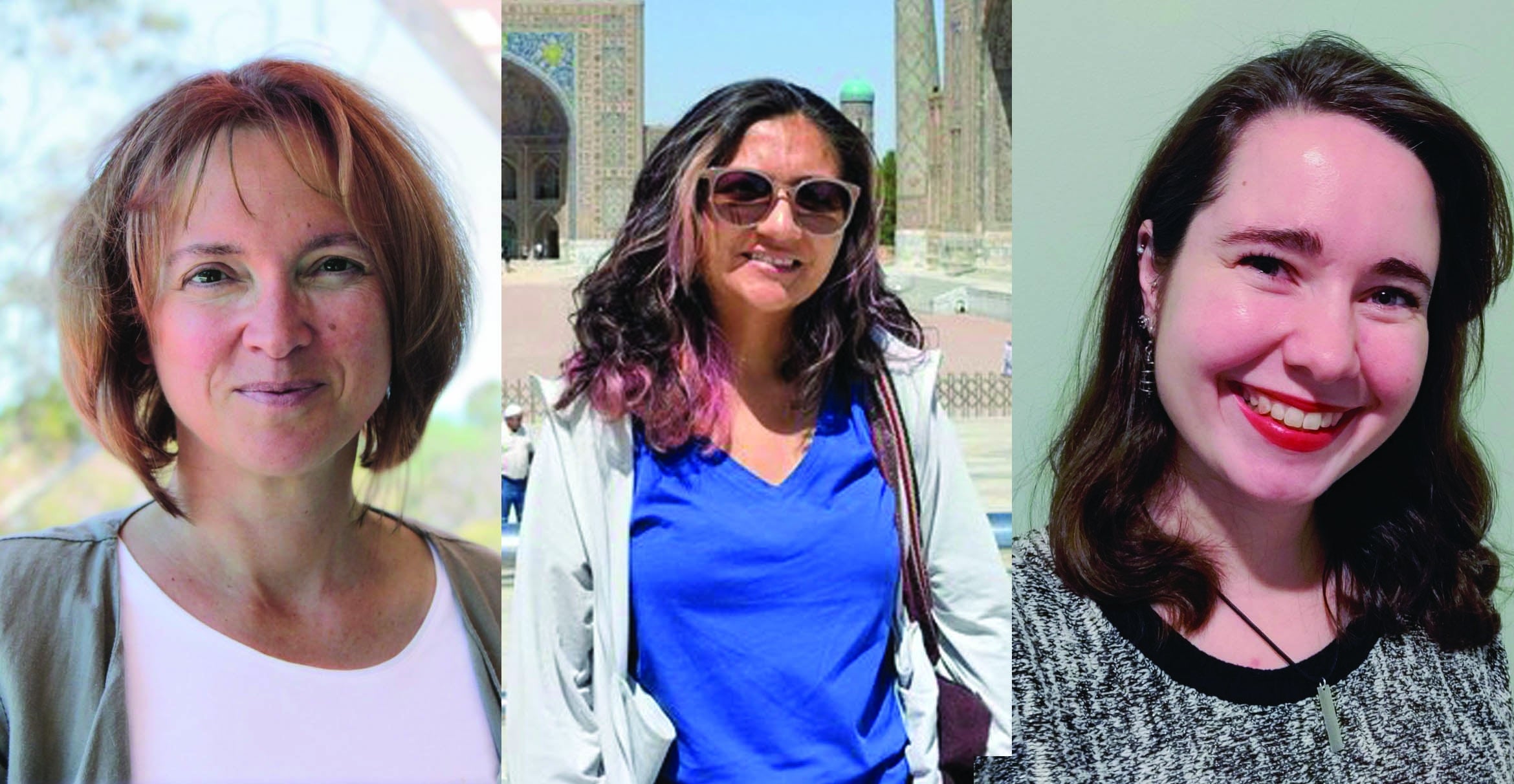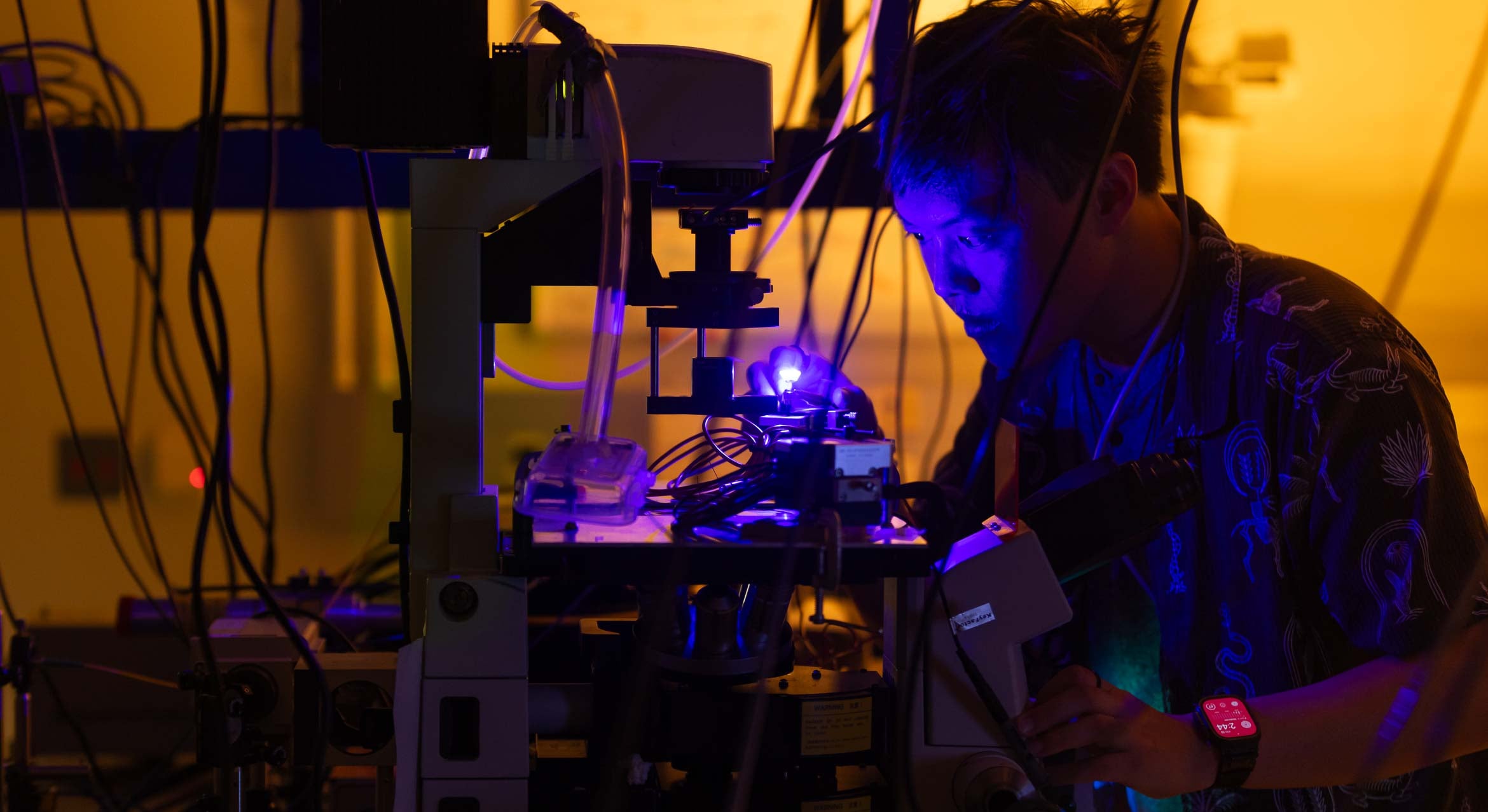A trio of history scholars earn significant fellowships

One faculty member and two graduate students — all from the history department — have each received prestigious research fellowships in their respective areas of expertise.
Associate Professor Elena Aronova studies the history of evolutionary biology and how scientific knowledge can be integrated into historical research. Now, with grant funding from The Institute for Advanced Study at Princeton University for 2024-2025, she will conduct research for her book project, “Time Beyond the Clock: Biology and Temporal Imagination from Darwin to Chronobiology.”
“My project addresses one of modern history’s most curious themes: how centrally time, and its central metaphor, the clock, features in the history of the modern era, and how little the clock-time has to do with peoples’ living experiences of time," Aronova explained. "It examines how biologists engaged with time, both as an object of science and as an object of human imagination. By recovering the history of the relationship between biology and the conceptions of time in the 19th and the 20th centuries, the book uncovers various imaginaries and conceptions of non-mechanical, non-clock time. Over the past decade the skepticism of linear and mechanical clock-time has moved to the mainstream, which makes this study especially timely. It contributes an insight into neglected alternative models of modern time that were rooted in the life sciences and coexisted with the master temporal model of the modern era, the clock.”
Meanwhile, Erin Trumble will travel to Japan on a Fulbright-Hays Fellowship to continue her dissertation work on gender in early modern Japan and how the stages of life affect the construction of femininity. The Fulbright-Hays program supports research and training efforts overseas, which focus on non-Western foreign languages and area studies. The Fulbright-Hays Program is funded by a Congressional appropriation to the U.S. Department of Education.
Andrea Serna, who researches trade and social relations at sites of commerce throughout Central Asia during the late tsarist and early Soviet periods, has been awarded the 2024-25 American Councils for International Education’s Title VIII Combined Research and Language Training fellowship. Over eight months, she will to travel to Uzbekistan and Kazakhstan to further her research on the Uzbek and Russian languages. The fellowship is sponsored by the U.S. Department of State.
Shelly Leachman
Editorial Director
(805) 893-2191
sleachman@ucsb.edu



